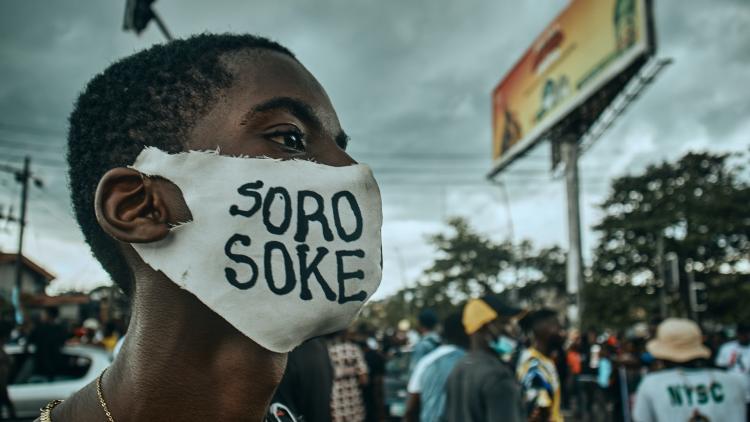Gender and the Law of War

Key information
- Start date
- End date
- Duration
- Term 1
- Module code
- 15PGNH005
- FHEQ Level
- 7
- Credits
- 15
- Department
- Centre for Gender Studies & School of Law, Gender and Media
Module overview
This module offers an introduction to law on armed conflict, including collective security, the use of force, international humanitarian law and counter-terrorism. These are studied alongside legal reforms in response to contemporary understandings of the relationship between war and gender.
The collective security regime, including Security Council initiatives on women, peace and security are analysed alongside debates from feminist and gender theorists and in relation to contemporary debates on technology, disability and military masculinities.
Objectives and learning outcomes of the module
- To further research on the relationship between gender and violence/armed conflict through a teaching and learning experience that connects this to feminist legal approaches to regulating armed conflict
- To encourage students to research and analyse legal conceptions of war from a gender perspective
- To build the analytical skills of students through encouraging writing that has both theoretical claims and substantive legal claims
- To encourage gender studies research that looks beyond 'women's issues' so as to analyse the role larger social, political and legal conditions play in perpetuating gender based discrimination and harms
- To provide an introduction into legal responses to war and armed conflict under international law of specific relevance to Asian and African scholars and communities
At the end of the module, a student should be able to:
- Demonstrate an understanding of the themes, issues and debates on the role and impact of gender on war, armed conflict and post-conflict communities
- Identify and compare different feminist approaches to legal reform
- Critically assess the materials and themes explored in the course
- To describe feminist histories in terms of theoretical developments and in terms of legal outcomes relevant to the course themes
- To analyse the consequences of legal reforms that focus on women's rights in conflict situations, situating this knowledge with an awareness of broader political and legal approaches
- To formulate and evidence an argument on the relationship between gender, war, peace and law
Workload
- Weekly 2-hour seminar
Scope and syllabus
Weeks 1-5 introduces the various international legal regimes that regulate armed conflict alongside feminist legal analysis of the law. The weeks 7-11 apply this knowledge to contemporary legal responses to topical issues in conflict and security, including technology, disability and military masculinities.
A representative syllabus:
- The gendering of violence in the law
- Women, peace and security
- Collective security
- Self-defence
- International humanitarian law
- Reading week
- Counter-terrorism and emergency laws
- War technologies
- Disability
- Military masculinities
- Beyond gender
Method of assessment
- Assignment one (1500 words): 30%
- Assignment two (2000-3000 words): 70%
Suggested reading
Bertotti, S., Heathcote, G., Labenski, S., and Jones, E., The Law of War and Peace: A Gender Analysis (Bloomsbury Publishing, 2020)
Cohn, C., ‘Sex and Death and the Rational World of Defense Intellectuals’, 12 (4) Signs, (1987) 687
Heathcote, International Law on the Use of Force: A Feminist Analysis, Routledge 2011
Orford, A., Reading Humanitarian Interventions, (Cambridge: Cambridge University Press, 2003)
Marguerite R. Waller and Jennifer Rycenga, eds. Frontline Feminisms : Women, War, and Resistance (New York: Garland, 2000)(republished in paperback by Routledge, 2001)
Disclaimer
Important notice regarding changes to programmes and modules.



